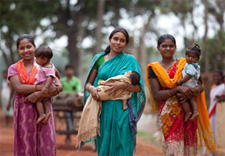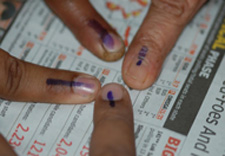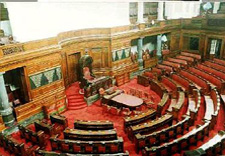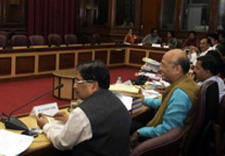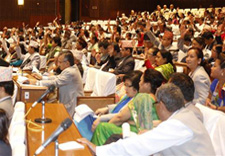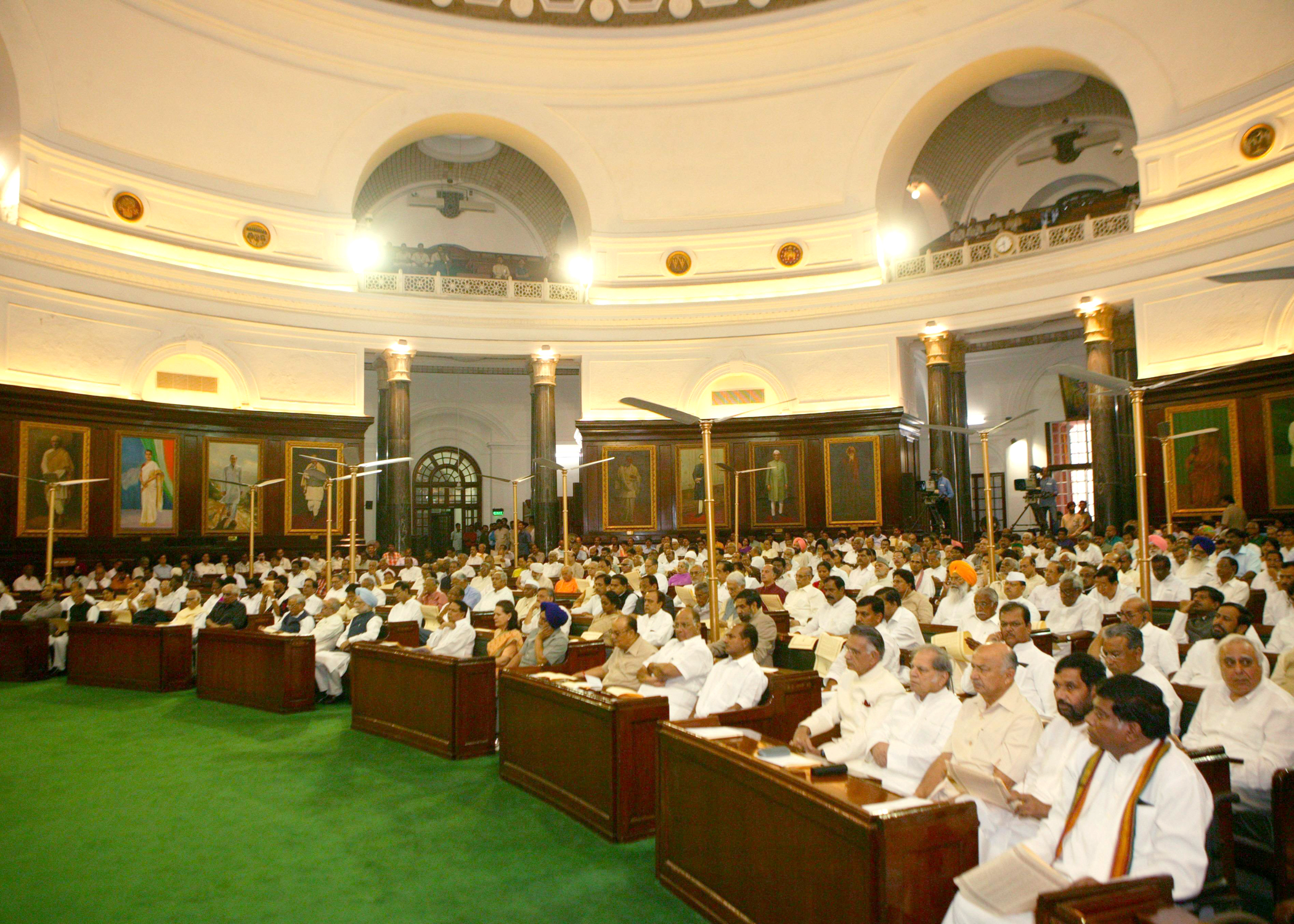Health for all – Learning from the World
“Of all the forms of inequality, injustice in healthcare is the most shocking and inhumane.”
– Dr. Martin Luther King, Jr.
India today, is the world’s third largest economy in terms of its GDP (PPP) and has the potential to grow even larger in a more equitable and inclusive setting. It possesses a sophisticated arsenal of interventions, technologies and knowledge required to provide healthcare to its people. Yet the gaps in health outcomes continue to widen. As the never-ending debate regarding the perfect healthcare model for the country rolls on, there emerges a need to learn from healthcare facilities around the world.
Britain, with a National Health Service (NHS) is the forbearer of socialized medicine in the developed world; this means that in addition to paying for health insurance of all citizens, the government also pays doctors and runs hospitals. British citizens pay taxes, which the NHS allocates to providers. When a citizen shows up for an appointment, all services that he or she receives are paid for, with the exception of prescription of drugs.
Brazil has made rapid progress towards universal coverage of health through its national health system, the Sistema Único de Saúde (SUS). An important innovation in the system has been the development, adaptation, and rapid scaling up of a community-based approach to providing primary healthcare. Perhaps the most important FHS (Family Health Strategy) component is the extensive and effective use of community health agents. Each agent is assigned households in a defined catchment area. Agents visit each household within their area at least once per month, and collect individual and household data. During each visit, they draw information from household members why they missed an appointment, check whether prescriptions have been filled and whether patients have been taking their medications regularly and identify potential warning signs of violence, neglect or drug abuse, among other problems. Community health agents also actively look for risk factors and symptoms of common chronic ailments, thus bridging the primary healthcare with public health efforts.
One new model known as “Shared Administration”, being adopted in several municipalities, represents a joint venture between the municipal government and healthcare professionals. Healthcare professionals including physicians, nurses, and other health professionals are to be organized into cooperatives or Basic Health Units (UBS) to take responsibility for the care of the population. UBSs are autonomous health management units that determine the providers they use, the personnel they hire, and the cost-control mechanisms they adopt.
In the U.S., healthcare facilities are largely owned and operated by separate private sector business houses which in a way has raised the cost of healthcare for the general masses. However, federal, state, county, and city governments also own certain facilities. Recent reforms in the healthcare model in the form of “Obamacare” make health services accessible through a universal insurance, more affordable and without discrimination on any ground and provide healthcare for all.
India as the world’s largest democracy spends a meagre 1% of its GDP on health according to a World Bank report, which is far less than other countries. Despite rapid economic growth over the past two decades, union governments have failed to invest generously in health.
|
% of GDP spend on Health, World Bank (2011-2015) |
||||
|
U.K. |
U.S.A |
Brazil |
Canada |
India |
|
7.6% |
8.1% |
4.7% |
7.6% |
1.3% |
India, therefore, needs a comprehensive health policy with the contribution of joint efforts by the governments, community participation, private partners, NGOs, individual citizens with reforms at all levels of governance and the use of simple yet innovative information and technology in realising our objective of Universal Health, as enshrined in Article 47 of our Constitution.
(This article was originally published in the IMPF Newsletter, Winter Session Issue: Nov-Dec 2015)
Dr. Anand Sharma
Public Health Researcher


 13 March 2016
13 March 2016  0 Comments
0 Comments Updated News
Updated News